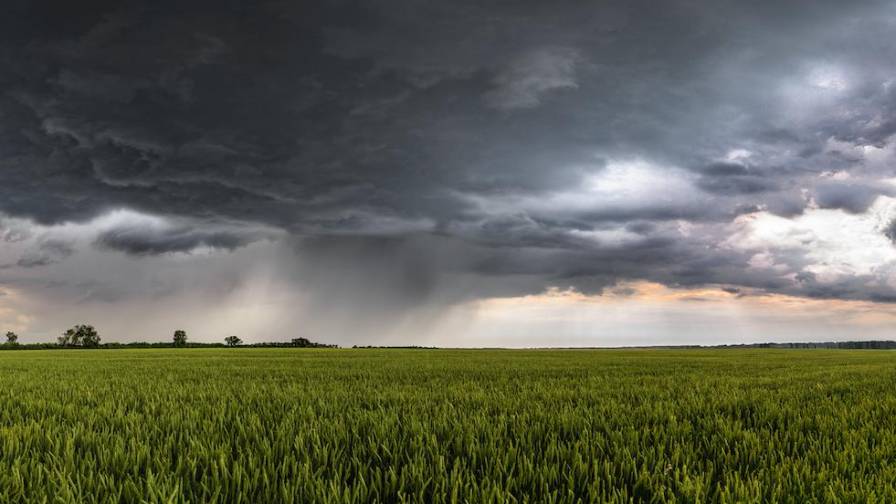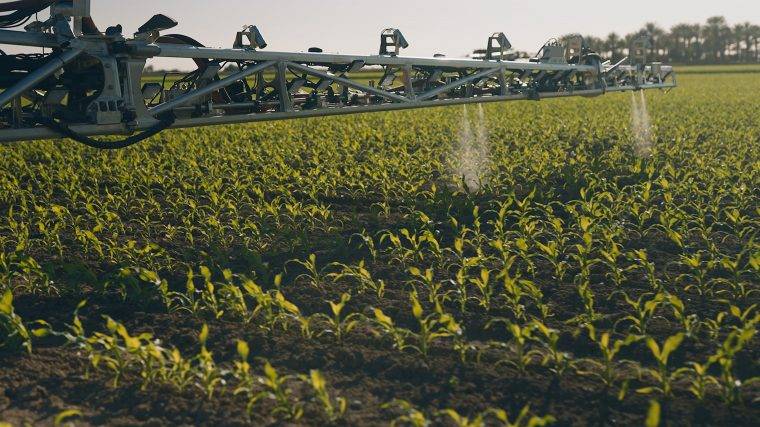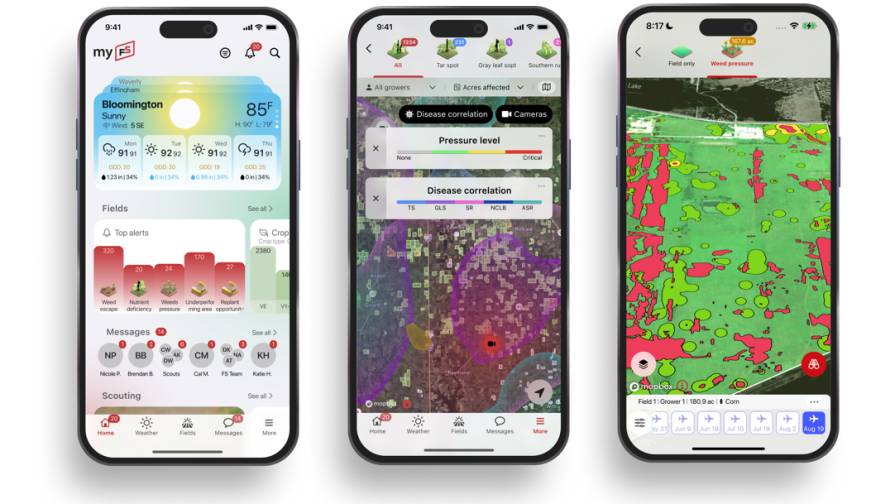Investing in the Future: Securing the Promise of Precision Agriculture
There are few pursuits as noble as providing food to feed a hungry world. And while you won’t find them in a field, organizations like YB AgTech, a division of Yellow Brick Capital, are vital to ensuring the future of farming, writes Dan Jacobs at AgriBusiness Global. As the London-based company’s website says, “we are committed to contribute towards a sustainable future for the planet.” Yellow Brick does that by investing in “innovative private equity opportunities concentrating on food security via precision agriculture.”
The company recently named Johan van Zyl as Group CEO, replacing Johnathan Kol-Bar who will remain as Executive Chairman. van Zyl previously served as the company’s Chief Operating Officer. AgriBusiness Global interviewed van Zyl to learn what YB AgTech looks for in a company before it invests, what impact those companies will have on ag, and how it tracks and measures success.
Why/how does Yellow Brick Capital/YB AgTech view the agriculture market (why is it important and worthy of investment)?
Johan van Zyl: There is an ever-growing population that needs to be fed. The human population currently stands just shy of 8 billion people, with a growth rate north of 1.1 % year on year. That is double of what it was in 1974.
MORE BY AGRIBUSINESS GLOBAL
Capitalizing on Emerging Technologies in LATAM: AgriBusiness Global to Hold Second LATAM Conference in Panama
Ag Tech Talk Podcast: Topcon Positioning Systems’ Mike Gomes Leads a New Global Sustainability Team
The Digital Tools Ag Companies Must Have in Their Crop Input Toolbox
The answer does not lie in cultivating more land. Available agricultural land is decreasing. It needs to lie in utilizing more efficient, and more sustainable agricultural practices. We need to utilize our ever-evolving technologies and massive amounts of data available to us to educate and empower the more than 608 million family farms.
Governments do not know how to achieve sustainability levels, and need real guidance from role players with knowledge, experience, and the right tools. Various input and supply chain challenges, especially logistics, fertilizer costs, spiraling inflation, and the fragility brought to the forefront by COVID, are forcing countries to become self-dependent on local supply. Growers need affordable tools to empower all of them to become reliable suppliers in the food chain.
There is a need for the holistic viewing of the critical components of agriculture. And the right collaborations will allow these critical components to work in a centralized system allowing real influence on all levels of agriculture.
Read more at AgriBusiness Global.










